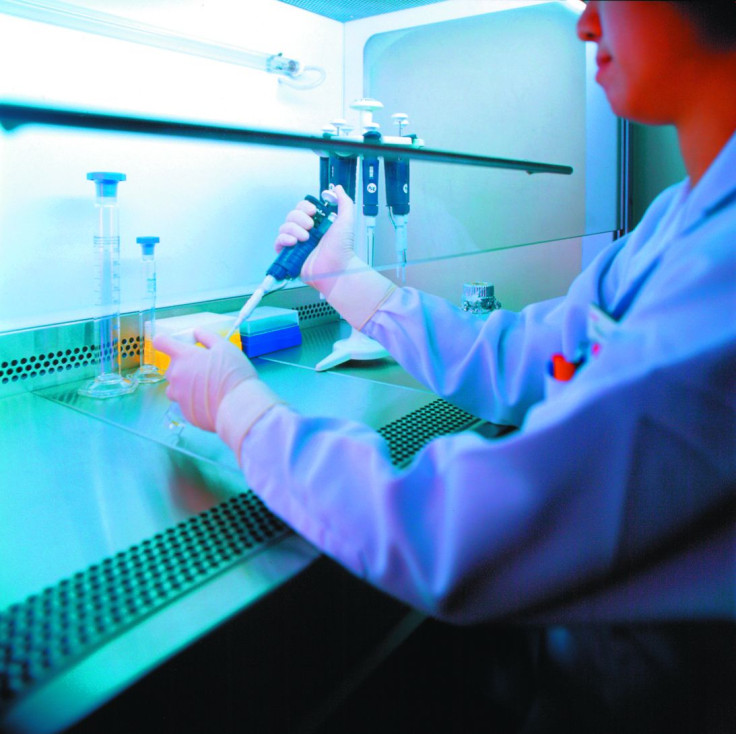Scientists Grow Human Liver From Stem Cells, With Promise Of Regenerative Medicine Within A Decade [VIDEO]

Science has for the first time created a functional human liver from stem cells in a medical upgrade that may deliver transplantable livers within a decade.
Japanese researchers say their work represents a proof of concept for subsequent experimentation with artificially grown livers and other human organs, heralding an era in which no patient dies on an organ waiting list.
Dusko Illic, a stem cell expert at King's College London who was not involved in the research, told reporters that the work looks "very promising," although "there is much unknown and it will take years before [the research] could be applied in regenerative medicine."
However, "the promise of an off-the-shelf-liver seems much closer than one could hope even a year ago," he said.
Researchers around the globe have been vying to reach the milestone of regenerative organ medicine first, hoping to make history. The Japanese research team, from the Okohama City University graduate school of medicine, used induced pluripotent stem cells, normally derived from blood or skin, to form three cell types that combine in developing a human liver in the embryonic stage. Such hepatic endoderm cells, mesenchymal stem cells, and endothelial cells were mixed together to see if they would grow into a liver.
And they did — when implanted into mice. The human liver clumps matured and blood cells connected to the mouse hosts' blood vessels, beginning to perform many of the functions of mature human liver cells.
"To our knowledge, this is the first report demonstrating the generation of a functional human organ from pluripotent stem cells," the Japanese researchers wrote in the journal Nature.
Malcolm Allison, a stem cell scientist at Queen Mary University in London, told reporters the Japanese study had offered "the distinct possibility of being able to create mini livers from the skin cells of a patient dying of liver failure," for transplant into the human body as a boost to the failing organ.
Study leader Takonori Takebe told reporters by teleconference that he planned to conduct similar research involving the pancreas and the lungs.
Other researchers pointed to the possibility of using such livers not for transplant but for out-of-body drug testing in research.
Below is a video from PBS on liver development from stem cells:



























